Natural Remedies & Herbal Products
aloe vera inflammation benefits, anti inflammatory natural remedies, Anti-Inflammatory Foods, Anti-Inflammatory Herbs, anti-inflammatory remedies, boswellia anti-inflammatory, fight inflammation naturally, garlic for inflammation, ginger for inflammation, green tea for inflammation, herbal inflammation treatment, natural inflammation relief, Natural Pain Relief, natural remedies, omega-3 inflammation benefits, reduce inflammation naturally, turmeric for inflammation
0 Comments
Top Anti-Inflammatory Natural Remedies for a Healthier Life
Introduction :
Inflammation is a natural response of the body to injury or infection, but chronic inflammation can lead to a wide range of health problems, including arthritis, heart disease, and autoimmune disorders. Many people turn to anti-inflammatory natural remedies to reduce pain, swelling, and inflammation without relying on synthetic medications. These remedies use the healing power of nature to promote overall well-being and combat inflammation naturally.
In this article, we will explore the most effective anti-inflammatory natural remedies, explaining how they work, their benefits, and how to incorporate them into your daily routine for maximum health benefits.
The Science Behind Inflammation and Anti-Inflammatory Remedies
Inflammation is a biological response designed to protect the body from harmful stimuli, such as infections, injuries, or toxins. However, when inflammation becomes chronic, it can result in long-term health complications. Chronic inflammation is often linked to conditions like arthritis, heart disease, diabetes, and even cancer. The good news is that many anti-inflammatory natural remedies can help regulate this response, reducing chronic inflammation and improving overall health.
Natural anti-inflammatory compounds, found in plants and herbs, work by inhibiting the production of inflammatory chemicals in the body. These remedies are rich in antioxidants, vitamins, and minerals that promote healing and protect against oxidative stress, a key factor in chronic inflammation.
Best Anti-Inflammatory Natural Remedies
- Turmeric Turmeric is one of the most powerful anti-inflammatory natural remedies available. Its active compound, curcumin, has been extensively studied for its ability to reduce inflammation. Curcumin works by inhibiting inflammatory cytokines and enzymes. Including turmeric in your diet, either as a spice or in supplement form, can help manage conditions such as arthritis, joint pain, and even inflammatory bowel disease (IBD).
- Ginger Another potent anti-inflammatory natural remedy is ginger. Ginger contains bioactive compounds like gingerol, which have strong anti-inflammatory and antioxidant effects. Studies have shown that ginger can reduce the production of pro-inflammatory cytokines, making it effective for conditions like osteoarthritis and muscle pain. Consuming ginger tea or adding fresh ginger to meals can provide substantial relief from chronic inflammation.
- Green Tea Green tea is known for its high concentration of antioxidants, particularly catechins, which have been shown to combat inflammation. Regular consumption of green tea has been associated with lower levels of inflammation in the body, making it one of the most popular anti-inflammatory natural remedies. Drinking 2-3 cups of green tea daily can reduce inflammation related to heart disease, diabetes, and even cognitive decline.
- Omega-3 Fatty Acids Omega-3 fatty acids, found in fish like salmon and mackerel, flaxseeds, and chia seeds, are well-known anti-inflammatory natural remedies. These healthy fats help regulate the body’s inflammatory response by reducing the production of inflammatory chemicals. Omega-3s are particularly beneficial for reducing inflammation in conditions like rheumatoid arthritis and cardiovascular disease.
- Boswellia (Frankincense) Boswellia, also known as Indian frankincense, is a powerful herb used in traditional Ayurvedic medicine as one of the leading anti-inflammatory natural remedies. It works by blocking the enzymes that trigger inflammation, offering relief for conditions such as osteoarthritis and inflammatory bowel disease. Boswellia is available in supplement form and is highly effective when taken regularly.
- Garlic Garlic has been used for centuries for its medicinal properties, and it’s considered one of the most effective anti-inflammatory natural remedies. Allicin, the active compound in garlic, inhibits the activity of inflammatory enzymes. Incorporating raw or cooked garlic into your meals can help reduce inflammation and improve heart health.
- Cinnamon Cinnamon is not only a delicious spice but also a powerful anti-inflammatory natural remedy. It contains antioxidants like polyphenols, which can help lower inflammation levels in the body. Cinnamon has been shown to reduce markers of inflammation in people with type 2 diabetes, making it a beneficial addition to an anti-inflammatory diet.
- Aloe Vera Aloe vera is commonly used to treat skin inflammation, but its benefits go beyond topical use. When taken internally as a juice or supplement, aloe vera can help reduce systemic inflammation. Its cooling and soothing properties make it a popular anti-inflammatory natural remedy for conditions like digestive inflammation, arthritis, and joint pain.
- Rosemary Rosemary is a fragrant herb that contains rosmarinic acid, which has strong anti-inflammatory and antioxidant effects. It is often used in cooking to add flavor while also acting as a natural remedy for reducing inflammation. Rosemary can help alleviate symptoms of arthritis, muscle pain, and even allergic reactions, making it a useful addition to the list of anti-inflammatory natural remedies.
- Chili Peppers (Capsaicin) Capsaicin, the compound that gives chili peppers their heat, is also an effective anti-inflammatory natural remedy. Capsaicin works by desensitizing pain receptors, which helps reduce inflammation and pain in conditions like arthritis, fibromyalgia, and neuropathy. Adding chili peppers to your meals or using capsaicin creams can provide targeted relief from inflammation.
How to Use Anti-Inflammatory Natural Remedies
Incorporating anti-inflammatory natural remedies into your routine is simple and can be done in a variety of ways:
- Diet: Many of these remedies can be easily added to your meals. Turmeric, ginger, garlic, and cinnamon are versatile spices that can be used in a wide range of dishes, from soups and stir-fries to smoothies and baked goods.
- Teas: Green tea, ginger tea, and turmeric tea are great ways to consume these anti-inflammatory remedies regularly. Drinking herbal teas throughout the day can help reduce inflammation and keep your body hydrated.
- Supplements: If it’s difficult to consume enough of these remedies through food, supplements are a convenient option. Omega-3s, turmeric, and boswellia supplements are widely available and can provide a concentrated dose of anti-inflammatory benefits.
- Topical Applications: Some remedies, such as aloe vera and capsaicin, can be applied topically to reduce localized inflammation. These can be helpful for treating conditions like arthritis, muscle pain, and skin irritations.
Lifestyle Changes to Complement Anti-Inflammatory Remedies
While using anti-inflammatory natural remedies is highly beneficial, it’s important to complement them with lifestyle changes that reduce inflammation. These include:
- Exercise: Regular physical activity helps reduce inflammation and keeps your joints and muscles flexible.
- Stress Management: Chronic stress can exacerbate inflammation. Practices like meditation, yoga, and deep breathing can help lower stress levels and reduce inflammation in the body.
- Adequate Sleep: Sleep is essential for the body to repair itself and reduce inflammation. Aim for 7-9 hours of sleep each night to promote optimal health.
- Healthy Diet: A diet rich in fruits, vegetables, whole grains, and healthy fats is crucial for reducing inflammation. Avoid processed foods, sugar, and trans fats, as these can increase inflammation in the body.
Conclusion: Embracing Natural Remedies for Inflammation
Chronic inflammation can lead to numerous health problems, but nature provides powerful solutions. Using anti-inflammatory natural remedies like turmeric, ginger, and green tea can significantly reduce inflammation and improve your overall health. By incorporating these remedies into your daily routine and making lifestyle changes, you can take control of your health and reduce your reliance on synthetic medications. Always consult with a healthcare professional before starting any new remedies, especially if you have existing health conditions.
Share this content:
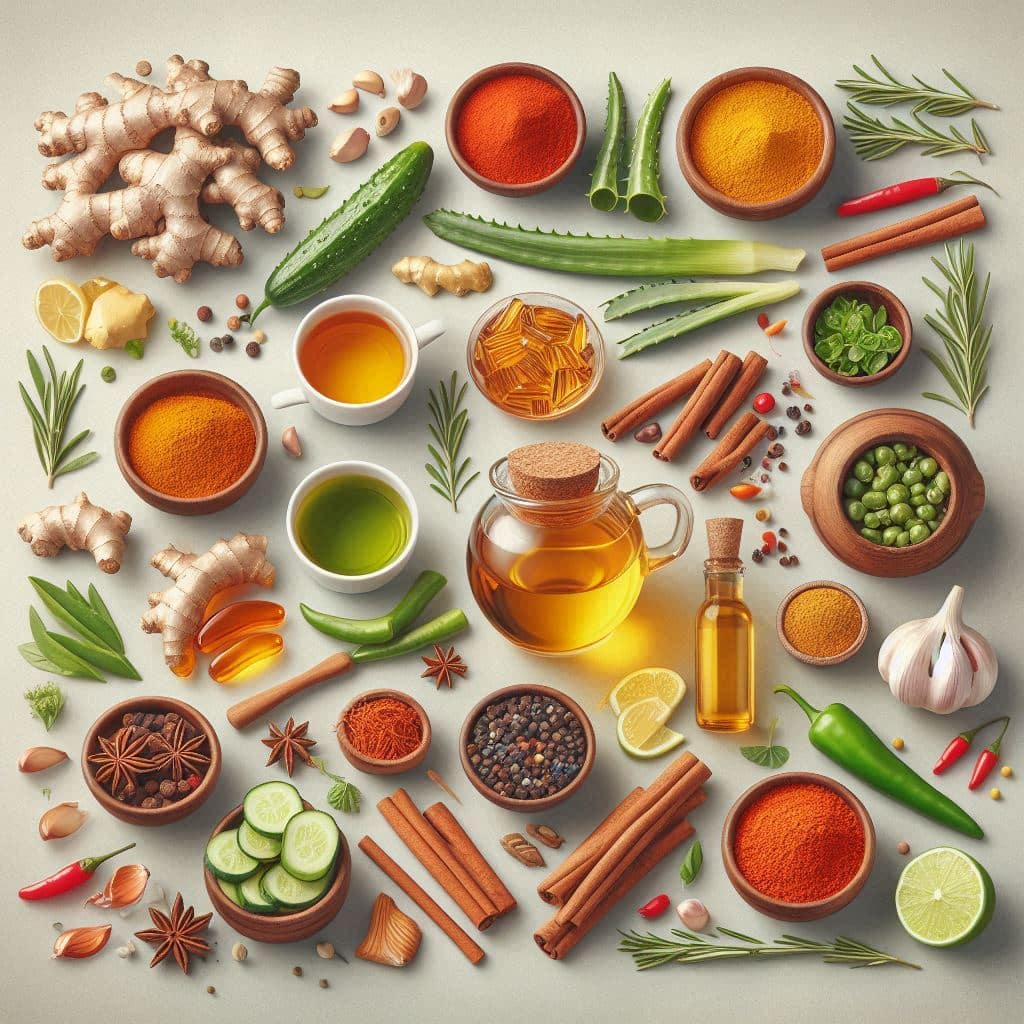
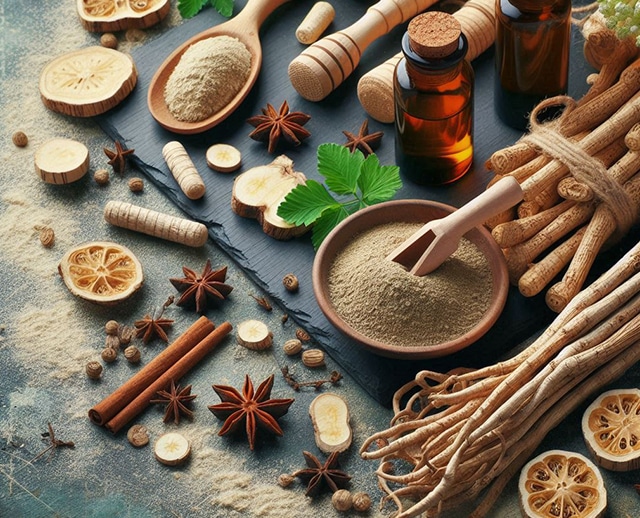
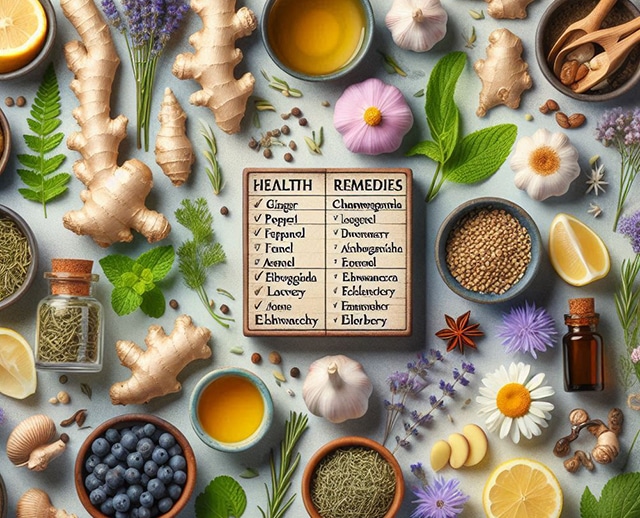





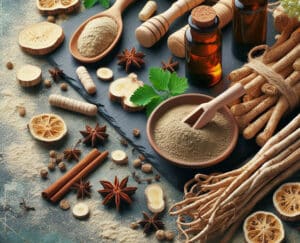
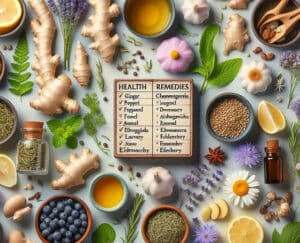




Post Comment